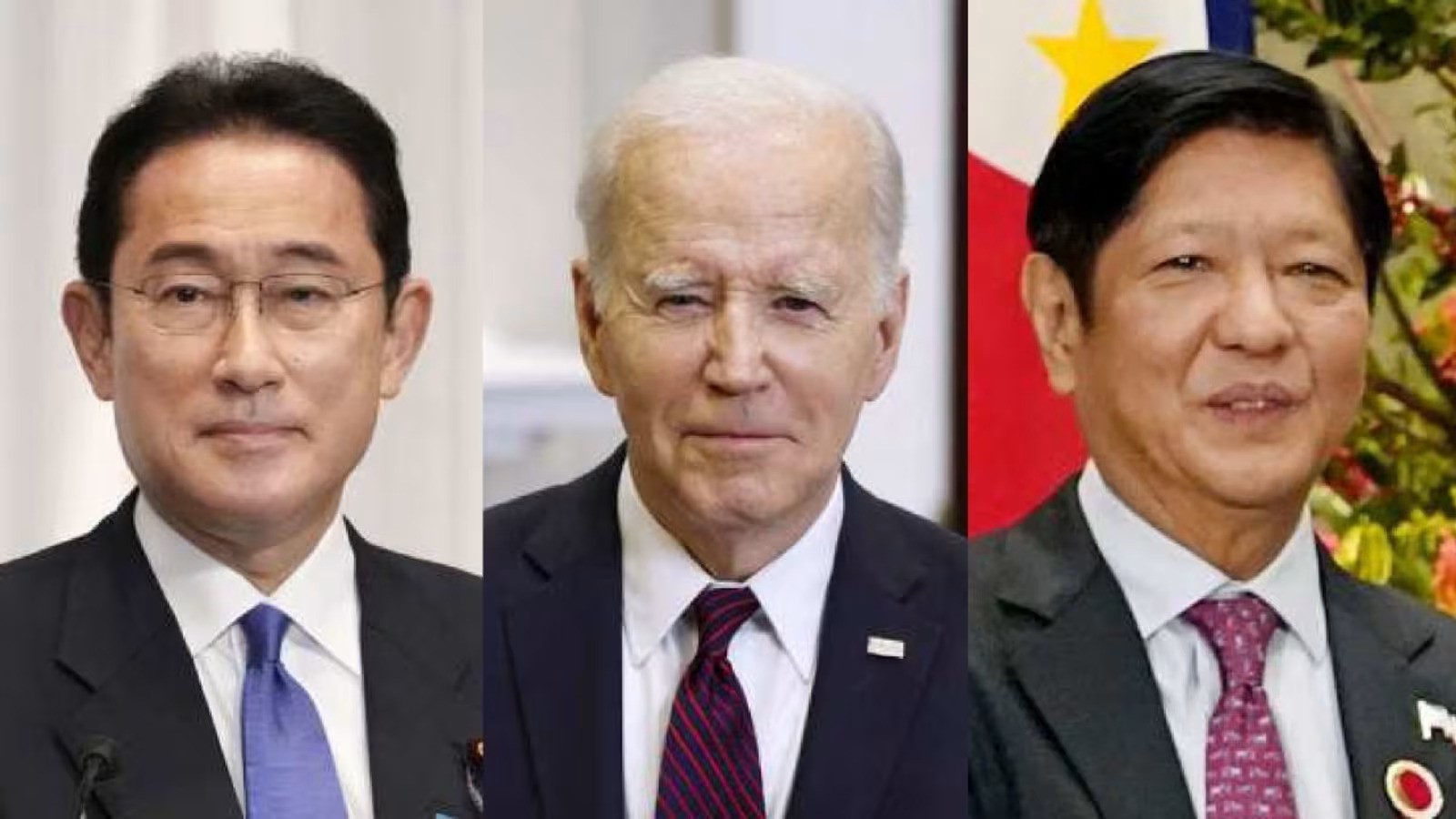As the summit between the US, Japan, and the Philippines approaches next week, more policies and initiatives between the two Pillars and the Southeast Asian country have been reported on or announced. These include enhanced cooperation in clean energy and chips between the three countries; and an agreement on joint defense equipment development between the two Pillars. Furthermore, AUKUS, the working group of Australia, the UK, and the US, of which two are Pillars, are seeking to bring Japan into the fold, which will most likely be announced today. Specifically, they are hoping to involve Japan with collaboration on defense technologies, and this would also help the Pillars connect with each other more easily when faced with flashpoints in the region. These agreements and moves are the seeds of what seem to be one of the more important summits of the decade, as the Pillars deepen their ties in what appears to be an inevitable battle against China and the CCP in the Pacific Rim.
The situation in the Middle East is at a two-fold stage, between the actors of Israel, the US, and Iran. When an IDF airstrike killed 7 foreign aid workers, part of organizations that were replacing the disgraced UNRWA, leading a major international backlash against Israel, the US was able to put more pressure on the Israeli government to be less heavy-handed in their approach in the campaign in Gaza. Biden and the State Department’s attempts to reign in Netanyahu did not seem to be effective in previous months, but recently pressures have been bearing more fruit: the Israeli cabinet approved reopening the northern Gaza border crossing for the first time since October 7th, and the IDF begins to withdraw from southern Gaza.
Outside of Israel’s borders, the IDF allegedly airstriked a top IRGC commander in Syria, attacking the Iranian embassy in Damascus, which now has led to Iran threatening not just Israel, but also the US, with a major rettalion. In fact, US forces were preparing over the weekend for an Iranian attack in the region in the coming week. The tension seems to be in a lull right now between the states, but it could merely be the calm before the storm.

